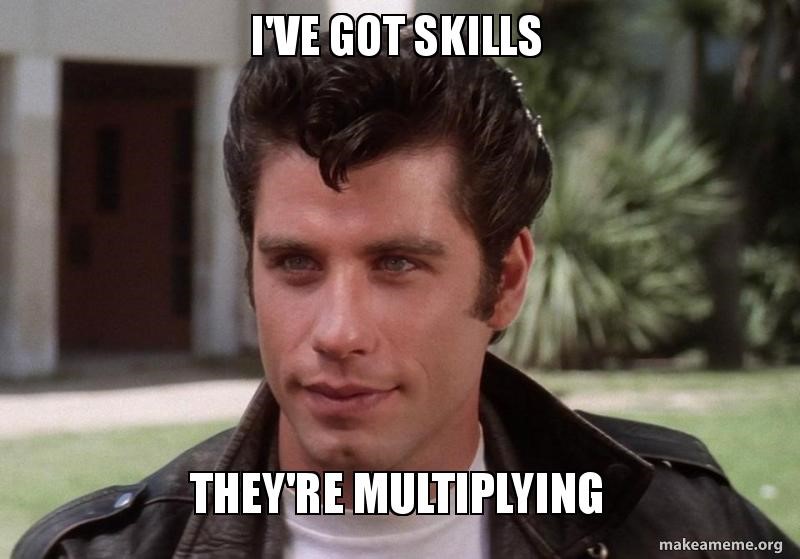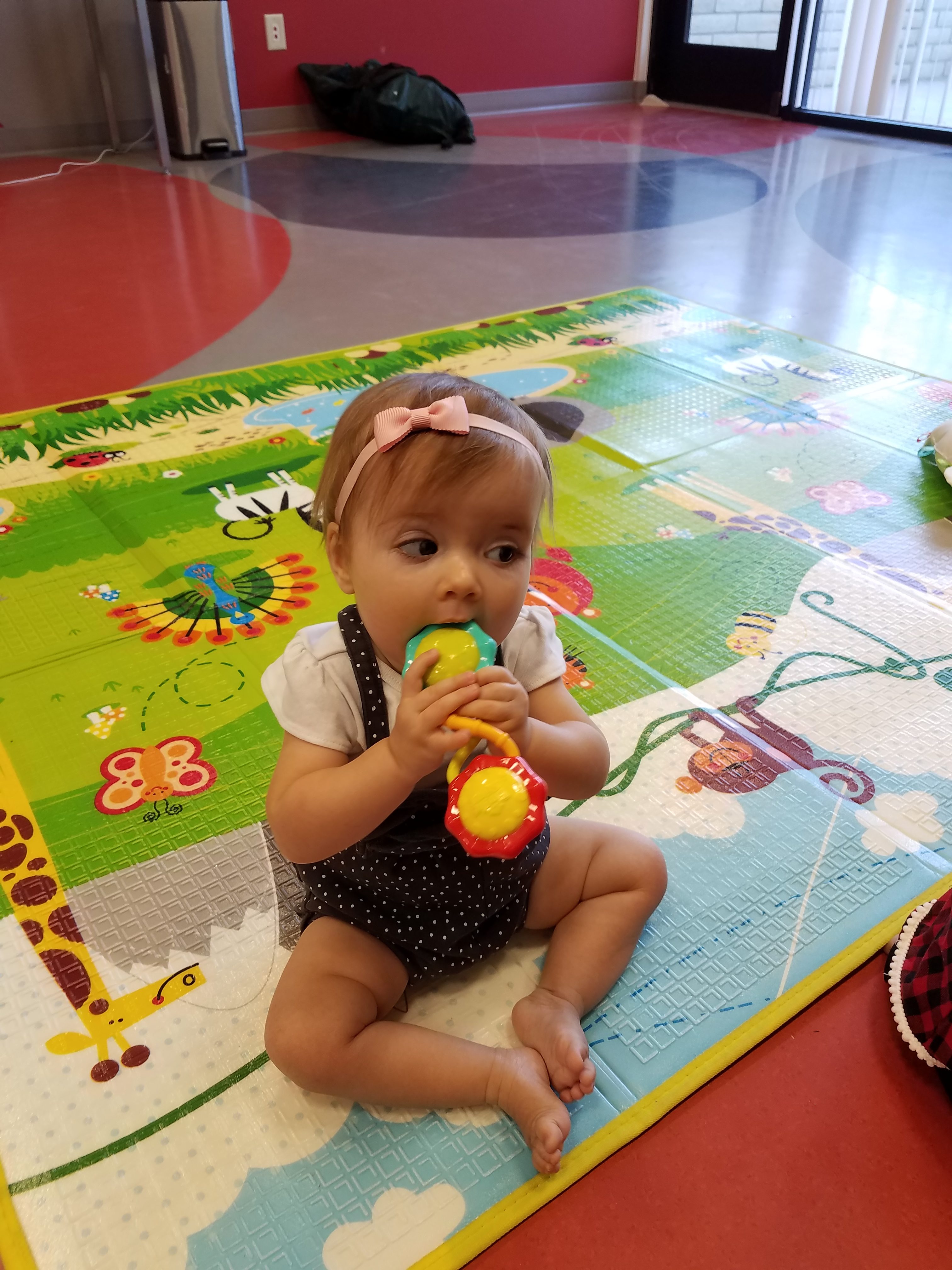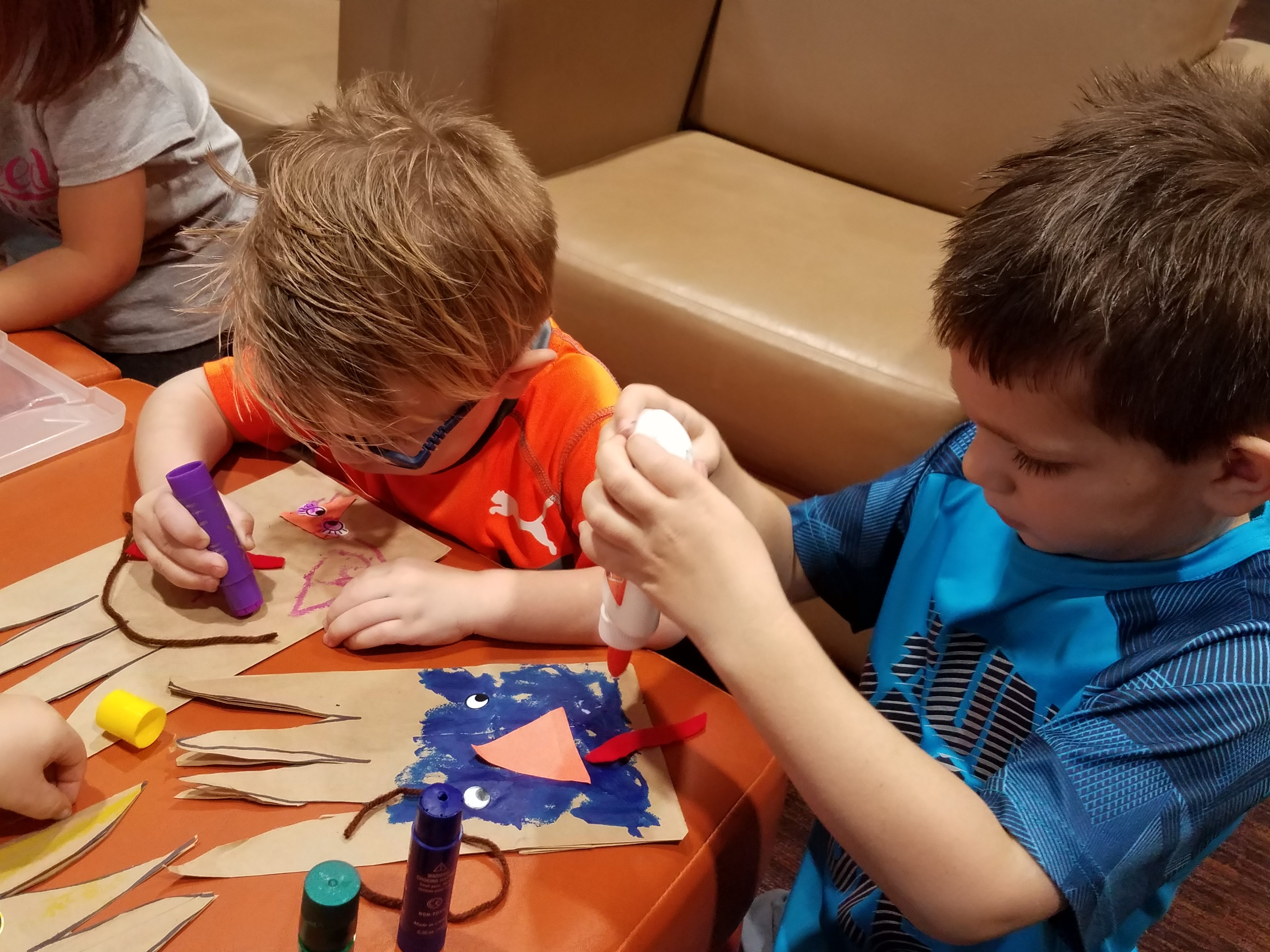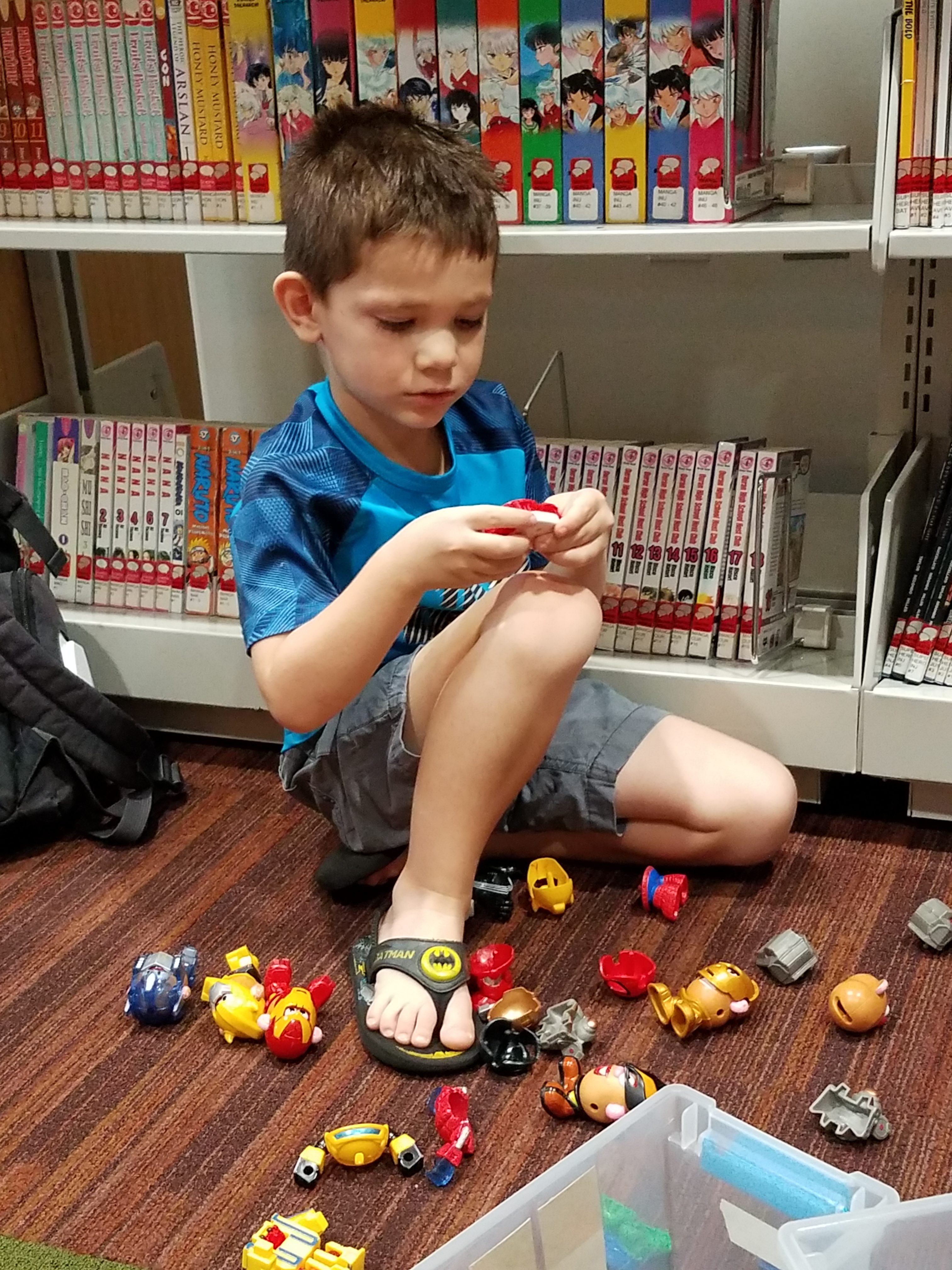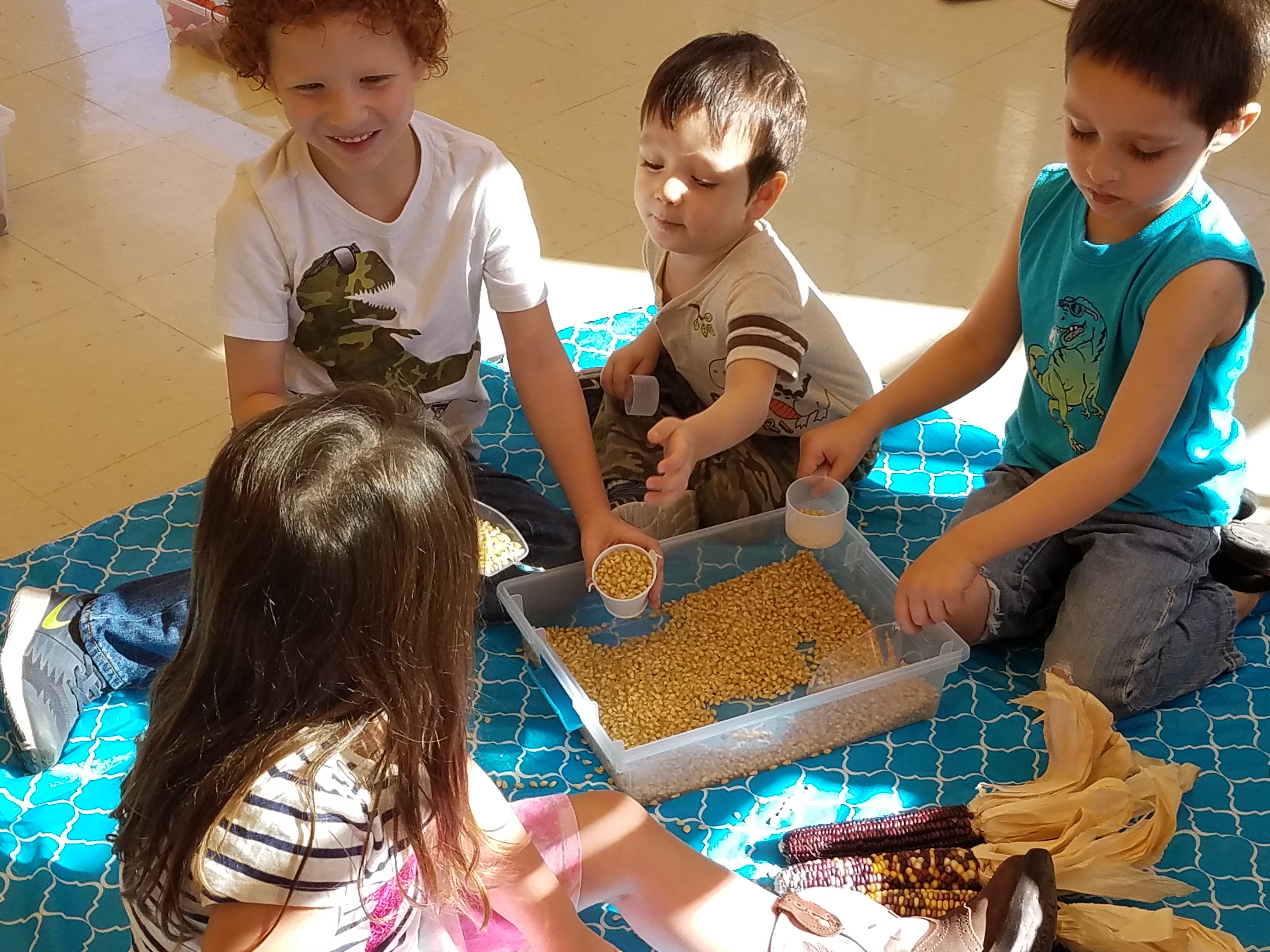All About Gross Motor Skills
Gross Motor Skills:
If fine motor skills are skills that involve using the small muscles of the hand, then gross motor skills are skills that involve using the larger muscle groups of the body to accomplish tasks. Gross motor skills, or large body skills, use the arms, legs and torso to execute complex movements in our everyday lives. Walking, jumping, climbing, balance, body awareness, coordination, physical strength, crawling, dancing and sitting upright are all gross motor skills. These skills build one on top of the other in complexity. For example, at infancy our babies aren’t able to walk. It takes time for them to master holding their head steady, rolling over, maintaining their balance while sitting upright, crawling, cruising along furniture, balancing while standing and then taking their first steps. It is not something that happens overnight, but a process of skills that are learned, practiced and fine-tuned over months and even years.
Children and adults need ample time to practice each of these skills. Here is a very short list of fun ways to encourage gross motor development. And a link to an article by the New York Times about the importance of roughhousing. I highly encourage you to give it a read. It’s great food for thought.
Infants:
- Tummy Time! Place objects just slightly out of their reach to encourage moving, twisting, rolling, etc.
- Some of my favorites are: scarves, balls in a muffin pan (big enough to not be a choking hazard), supervised water play with a tin of water and bath toys in front of baby, tissue paper or a fuzzy blanket to run their fingers through
- Give baby a full plastic water bottle to crunch, roll and bang
- Give baby pots and pans or plastic containers to bang, stack and push
- Encourage baby to crawl through, under or over things
- Let children crawl on different types of surfaces (grass, wood chips, gravel, sand, etc.); each requires a different level of balance and coordination to manipulate (Please remember to supervise your child in environments with small pieces)
- Encourage kicking by letting baby kick in the water, or loosely tie a balloon on baby’s foot and watch him kick as the balloon dances with him (supervise at all times around water and balloons)
- Have a dance party
Toddlers:
- Jumping, rolling or crawling on Bubble Wrap
- Climbing, swinging, running and jumping inside and outside
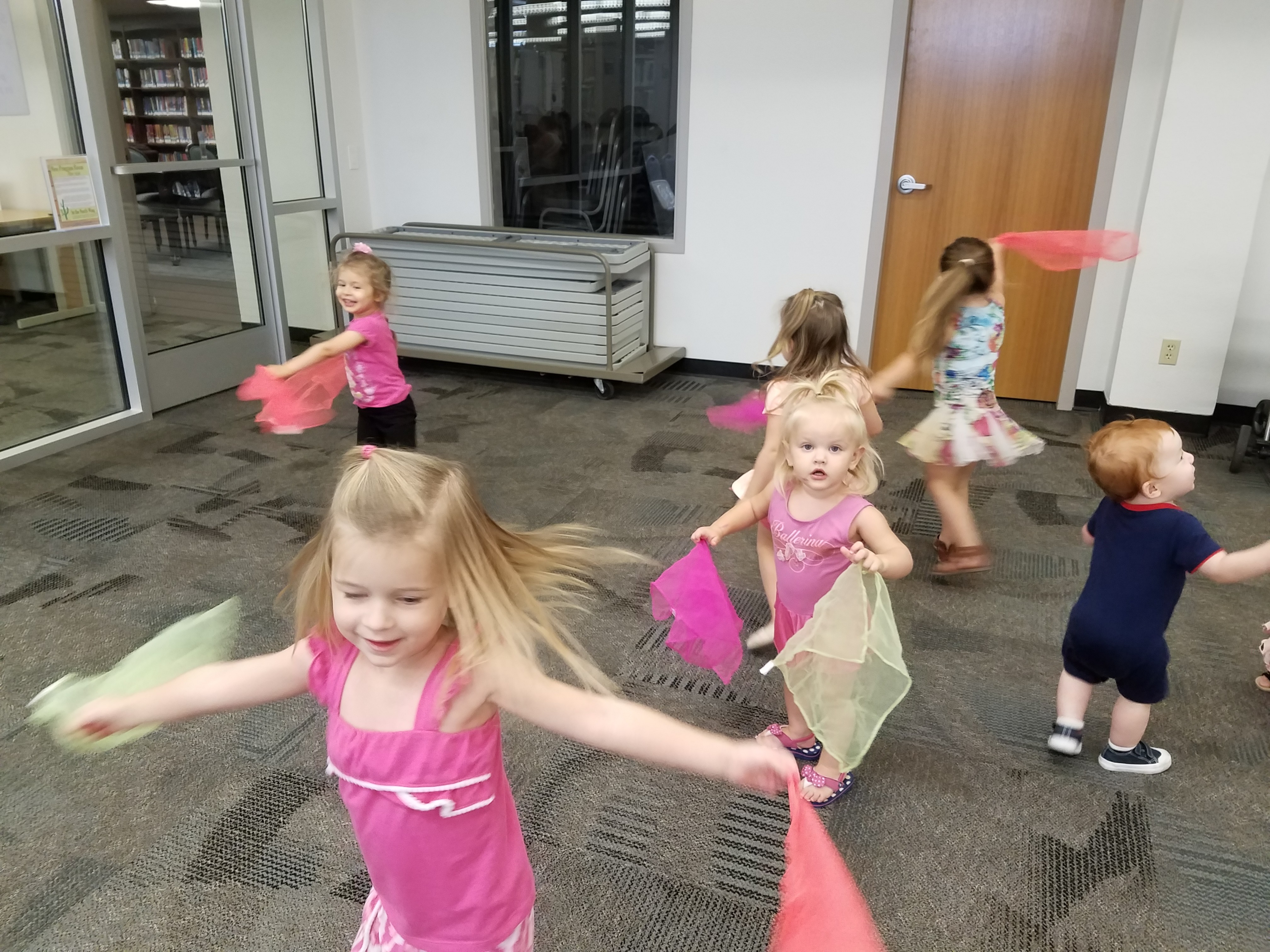 Pile couch cushions or pillows on the floor and let children crawl over them
Pile couch cushions or pillows on the floor and let children crawl over them- Jump or crawl through hula hoops
- Practice climbing stairs
- Let children play on different types of surfaces (grass, wood chips, gravel, sand, etc.); each requires a different level of balance and coordination to manipulate
- Use masking tape to create different lines (straight, zig-zag, curvy) for children to follow on the floor
- Yoga or exercise moves
- Dance Party!
Preschoolers:
- Build Forts with cardboard boxes
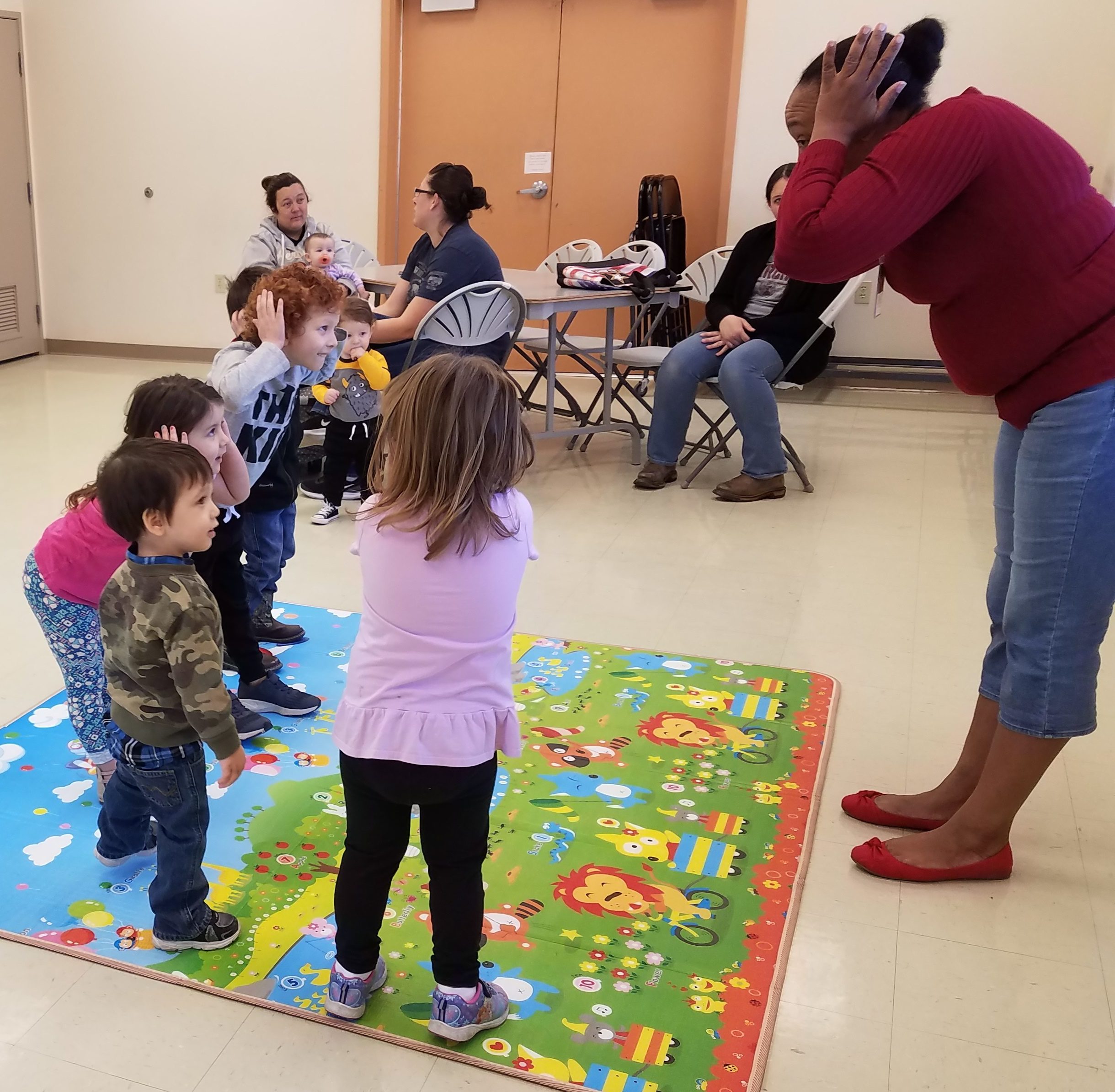
- Indoor and outdoor obstacle courses
- Ask your child to “help” you carry heavy items or give him weighted items to carry (cans, small weight, small plastic jug of water)
- Race your child while outside
- Practice balancing on ledges or raised sidewalks
- Practice tossing and catching balloons or balls
- Let children play on different types of surfaces (grass, wood chips, gravel, sand, etc.); each requires a different level of balance and coordination to manipulate
- Using tape or string, create a web across a room that children have to go through without touching the string or tape
- Yoga or exercise moves
- Dance Party!
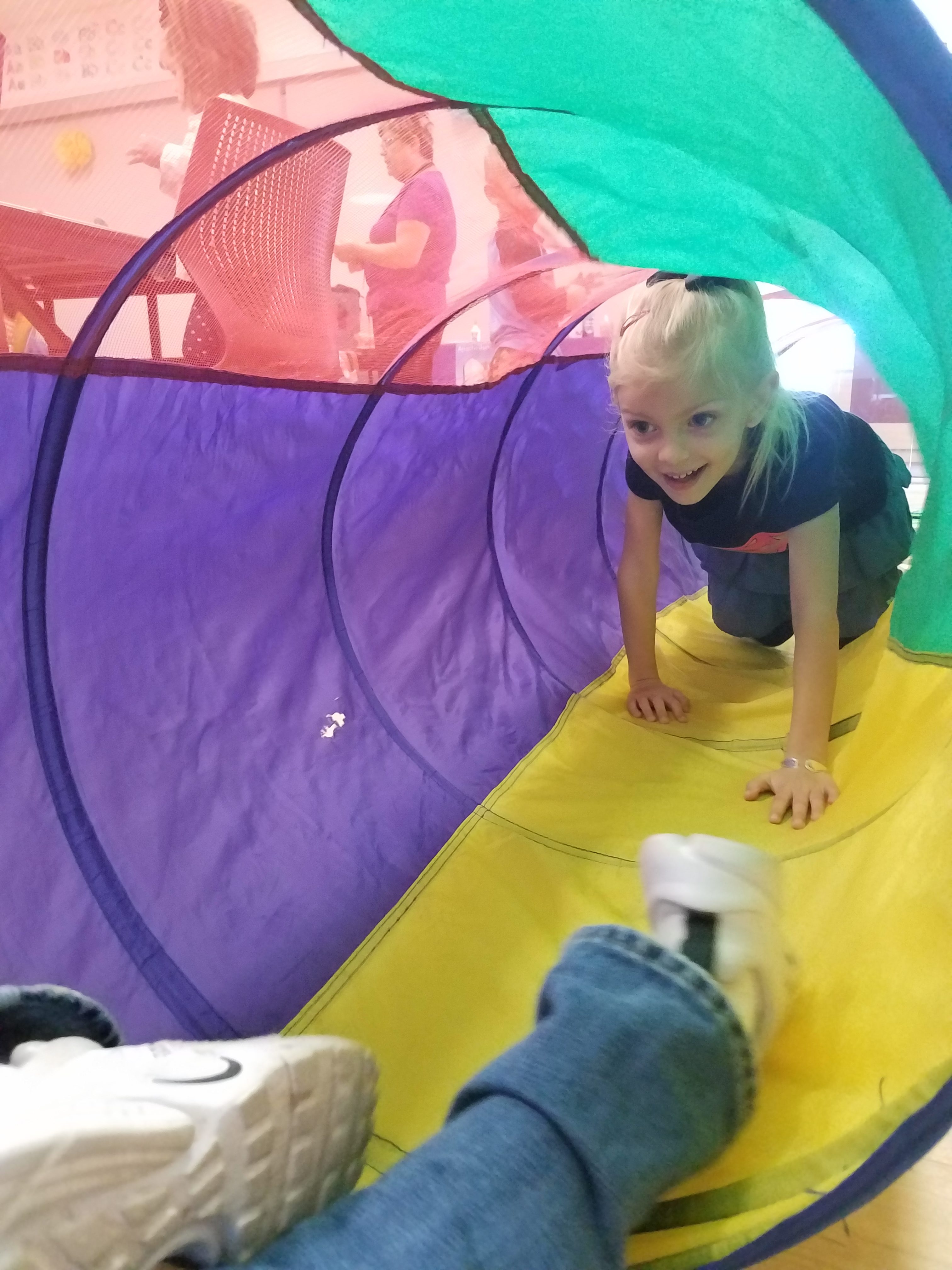
“Gross Motor Skills.” Kid Sense Child Development, Kid Sense Child Development, 2018, childdevelopment.com.au/areas-of-concern/gross-motor-skills/.
Team, Understood. “Gross Motor Skills: What You Need to Know.” Understood.org, 2014, www.understood.org/en/learning-attention-issues/child-learning-disabilities/movement-coordination-issues/all-about-gross-motor-skills.
